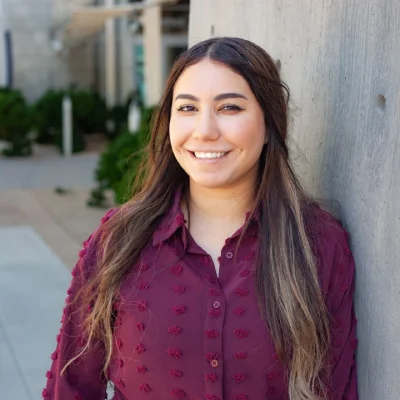Self Image, Self Harm, and Eating Disorders

Attempting to change your food-related behaviors without exploring the Emotional reasons why you continue to overeat, is like trying to stop an engine from overheating, without first looking under the hood.
Eating disorders are about much more than food and weight. The eating disorder serves a function, it does a job. Despite the problems an eating disorder creates, it is an effort to cope, shield against, communicate and solve problems. Your relationship with food and/or your body may be your way of coping with low self-esteem, negative emotions, physical, emotional and sexual abuse, unstable home, relationship stress or difficulty resolving conflict. Behaviors may be a way to establish a sense of power or control, self-worth, strength and containment. Binging may be used to numb pain. Purging may be a way to release emotions. Restricting may be a way to feel in control. When we struggle to cope in healthy ways, behaviors are created to ensure a sense of safety, security and control.
Some of the functions eating disorder and other self harm behaviors commonly serve:
- Comfort, soothing, nurturance
- Numbing, sedation, distraction
- Attention, a cry for help
- Discharge of tension, anger, rebellion
- Predictability, structure, identity, control
- Self-punishment or punishment of “the body”
- Self-cleansing or self-purification
- Protection or safety (through creation of a small or large body)
- Avoidance of intimacy
- Proof for self-blame instead of blaming others (for example, abusers)
At Arizona Connection Counseling we have years of experience working with people like you who for years turned to food or self harm as an automatic response to difficult emotions, issues, relationships and feelings about yourself that are overwhelming and damaging. Our goal is to help you learn how to address and work through your normal feelings and emotions while looking at the factors that have led you to rely primarily on food or self harm as a means to emotionally cope.





